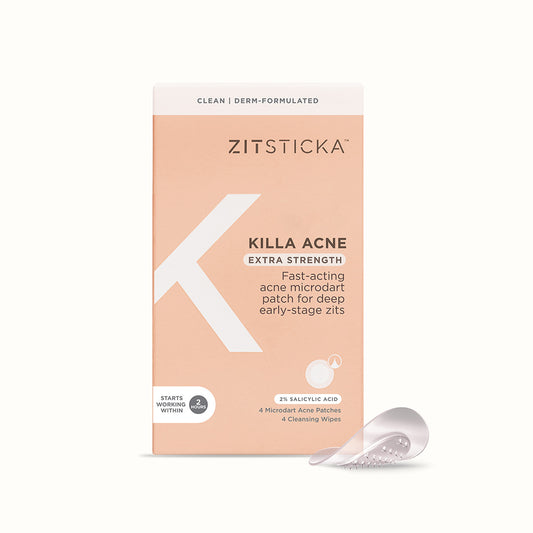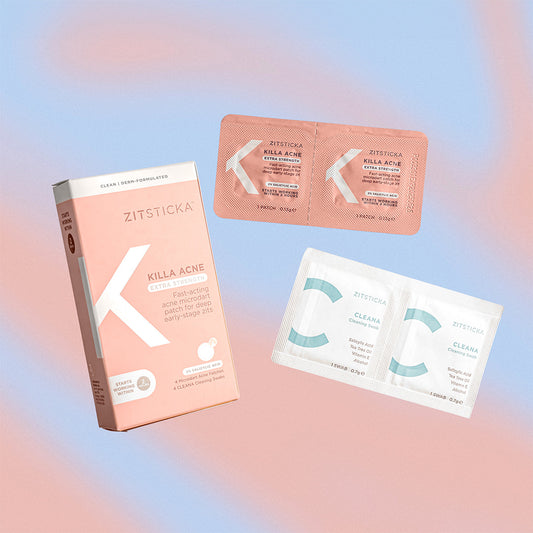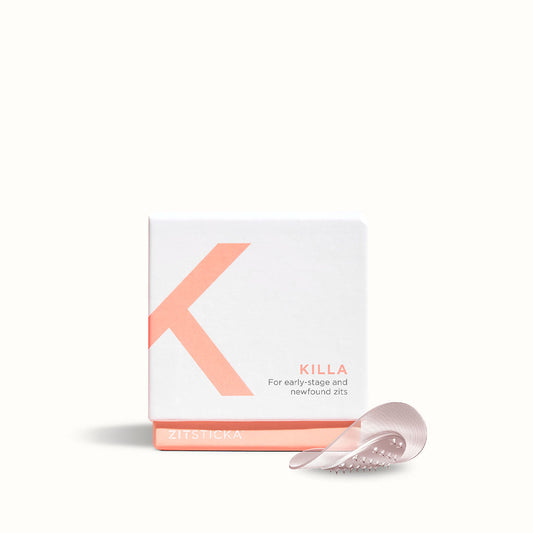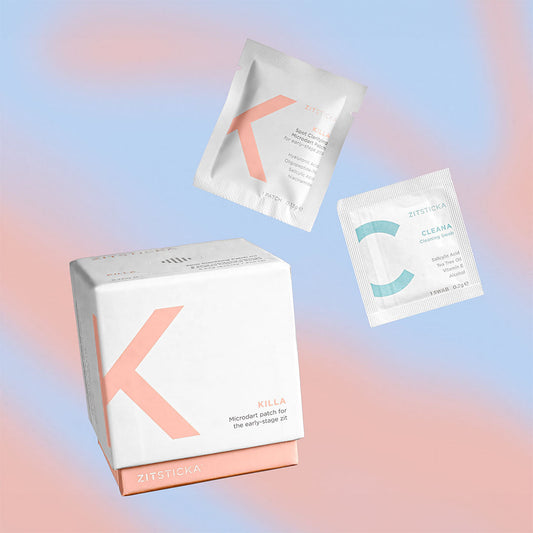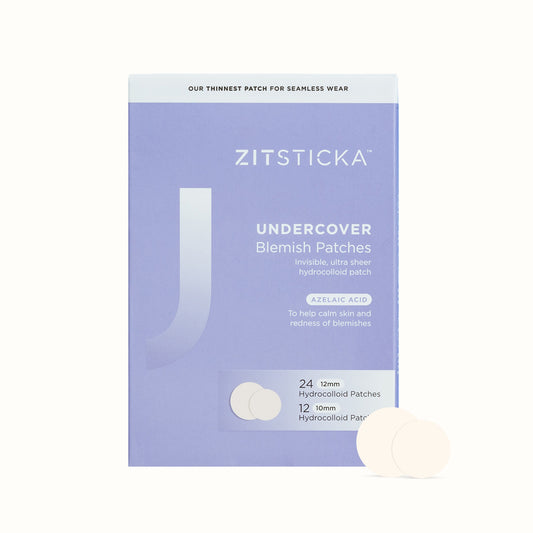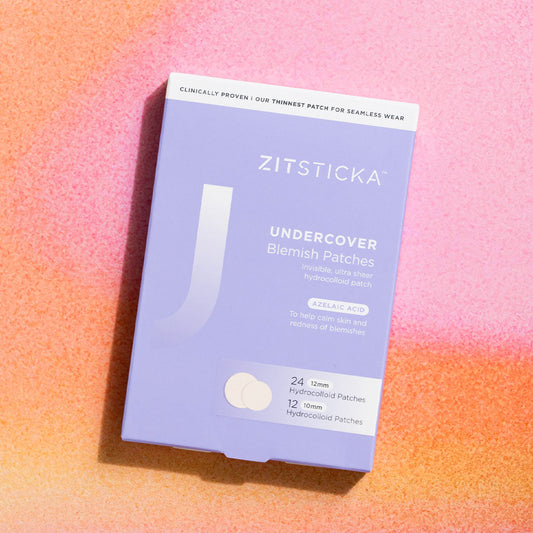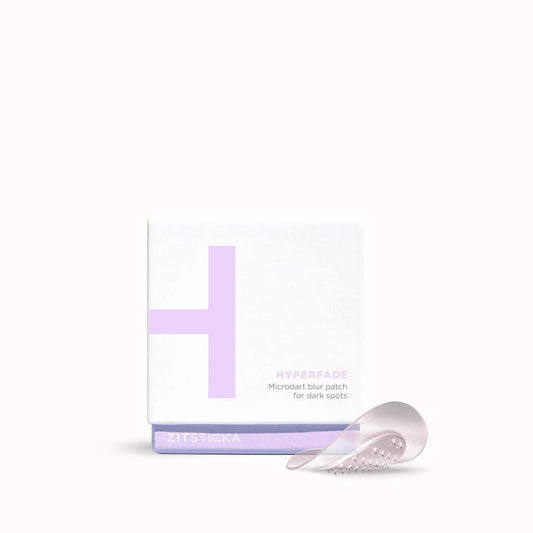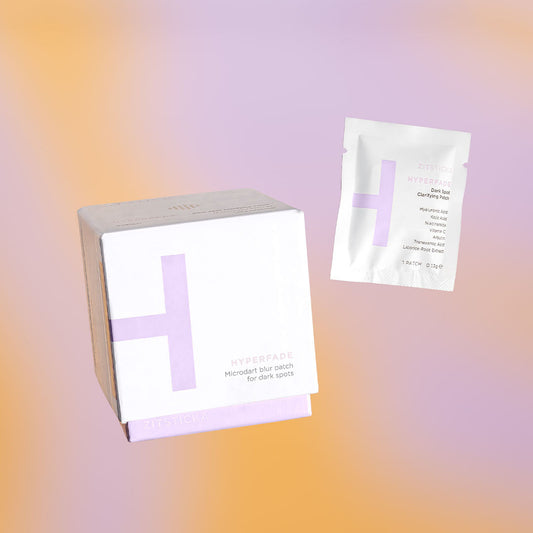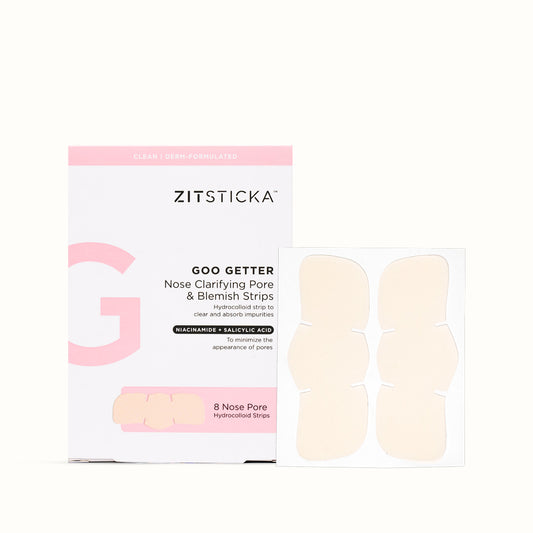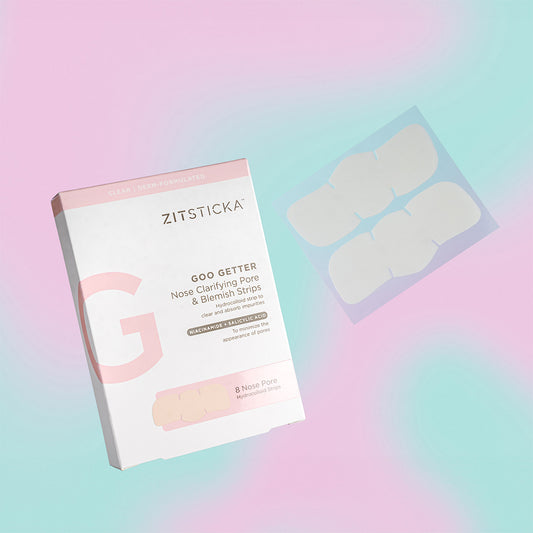There’s a reason why any medical professional suggests getting a full night’s sleep—around 7-8 hours. Why? Because generating bizarre dreams isn’t the only crazy thing your body does when you’re snoozing. It also works tirelessly to undo all the damage from the day it’s just been through and to prepare it for the following day. Just as you plug in your phone to charge up for the next day at night, it’s also time to recharge your entire body, and that also means recharging and repairing your skin. Your body works some absolute magic while you’re catching ZzZzZzs.
Sleep affects more than just our ability to stay awake at our 9-5s. It has a major impact on our focus, stress levels, immune system and so much more. In a study done in 2014 by the British Association of Dermatologists, it was found that consistently getting a poor night’s sleep increased the signs of aging, a weaker skin barrier function and overall low satisfaction with one’s appearance. During the day, your skin goes into full blown bodyguard mode to protect your face from any unwanted environmental factors.
At night, your skin becomes its own healer. The first element for our skin’s reparative stage is our body’s sleep hormone: melatonin. One probably thinks of melatonin to be the hormone that makes us tired, which it does, but it also works efficiently to do major reparative work from all those uninvited environmental interactions that our skin has to endure during the day. Cool stuff like pollution and UV sun damage.

Another vital element of our, dare we say—beauty sleep—is a hormone known as HGH: the human growth hormone. This bad boy is who we can thank for surging the pace of the skin’s reparative and regenerative processes. In the simplest terms, the deeper the sleep we get, the quicker our cells regenerate and the better our skin looks.
In addition to HGH, our skin also needs sleep to rebuild its collagen. Fun fact: collagen is actually the most prevalent protein in the body, but especially within our skin, bones, muscles and tendons. This protein is what keeps the skin looking healthy, strong, flexible and youthful. One of the reasons we start to see signs of aging is actually because the body naturally depletes in collagen as time goes on.
A number of studies have actually found that with sleep’s much supported effects on the body’s immune system, this impact on the immune system directly influences the body’s collagen production. If the body suffers from a lack of sleep, it has been found that this can cause a break in the skin barrier function that can negatively affect the skin’s “integrity.”
When it comes to sleep, just put your phone down, stop binging trash TV and DO IT. There are just too many benefits, even aside from skin-related benefits, that come from getting a deep + full night’s rest. Need some pointers? Here’s the sleep skim:
- Avoid looking at a screen (anything with blue light exposure) at LEAST an hour before you actually want to fall asleep
- Cut out late-day caffeine sips
- Reduce your nap time to 20-30 minutes (all you really need is a power nap - sorry ‘bout it)
- Try to wake up and go to sleep at consistent times - allow your body to form its own sleeping rhythm
- Creating a relaxing environment to sleep in—whatever this means to you—for example: light a candle, read for an hour before bed, clean your room, take a bath or shower, etc.
Need more skincare tips for when you’re actually conscious? Don’t lose sleep over it. Just click here!

